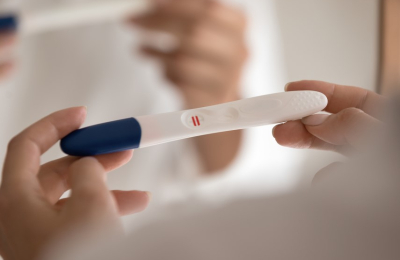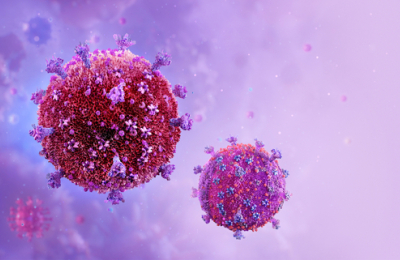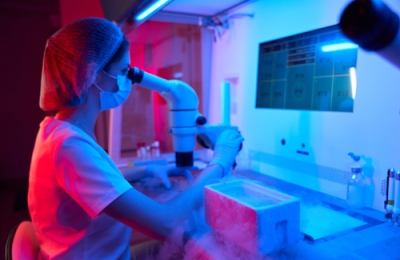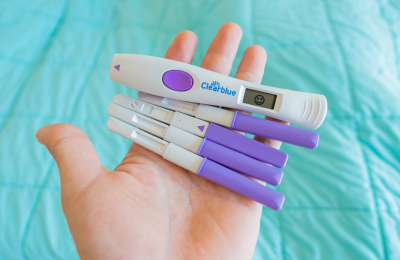
The FDA has approved a new blood test, named Shield, for detecting colon cancer in adults aged 45 and older who are at average risk. Unlike traditional colonoscopies, which remain the gold standard for detection, this test offers a less invasive alternative by detecting cell-free DNA (cfDNA) from cancer cells in the bloodstream. Known as a "liquid biopsy," Shield provides an additional tool for early screening but is not a replacement for colonoscopies.
According to a clinical trial published in the New England Journal of Medicine, Shield identified colon cancer in 83% of participants. However, approximately 10% of those without cancer also tested positive, highlighting the importance of follow-up colonoscopies to confirm results. Dr. Robert Smith of the American Cancer Society emphasized that a positive Shield test must be followed by a colonoscopy to confirm whether the patient has an advanced lesion or colorectal cancer, or whether the result was a false positive.
Colon cancer remains the third most prevalent cancer among adults in the U.S., and there's been a noticeable increase in diagnoses among individuals under 55. Early detection is vital, as it could prevent over 90% of colon cancer-related deaths. Despite this, only 60% of eligible adults currently participate in recommended colon cancer screenings, highlighting the need for additional screening options like Shield to close the gap and save more lives.
Experts like gastroenterologist Professor Daniel Chung from Massachusetts General Hospital and Harvard Medical School believe that introducing new screening methods, such as Shield, could help address the persistent gap in screening rates, which would lead to increased early detection and ultimately save more lives.
Source - FDA approves cell-free DNA test for colon cancer (progress.org.uk)








































































